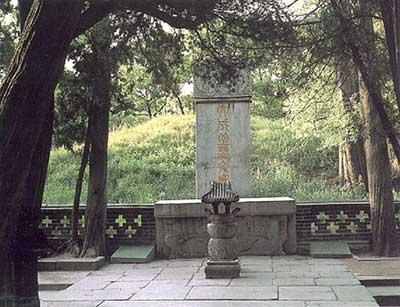Originally posted by Diplo Ottoman
The whispering is increasing from the least to the greatest, whispers in Arabic only, whispers not to be heard by foreign ears, nothing written down, this cannot be revealed before its time
The yearning is there, the desire is strong, something momentous, something stupendous, something never done before in the annals of the History of the Worlds is being discussed, planned, considered.
Can It be done?
The spirit of the ottoman people is stirring, an ambitious spirit longing for something better, MUCH BETTER
The whispering is increasing from the least to the greatest, whispers in Arabic only, whispers not to be heard by foreign ears, nothing written down, this cannot be revealed before its time
The yearning is there, the desire is strong, something momentous, something stupendous, something never done before in the annals of the History of the Worlds is being discussed, planned, considered.
Can It be done?
The spirit of the ottoman people is stirring, an ambitious spirit longing for something better, MUCH BETTER






 .
. “Aggressor?!” said Jackson, “Aggressor? This war was started by Carpathia. Without provocation they attacked and invaded the smallest, most backwards, weakest nation on the planet. They sought to bully us, take advantage of us, and destroy us. Through tremendous courage that tiny nation stood firm against superior arms and technology and beat them back. And then as we overcame tremendous odds to push back the invading armies, what do we do? We offer peace. Instead of pressing our advantage and trying to climb out of the cellar of this world, we magnanimously offer peace. What do they do? They rebuff us. They ignore our generosity. So the war continues. We meet with more success and again offer a generous peace. Again they ignore us. This dance continues for years. America at every step and every juncture offering peace with an enemy bent on our destruction and blinded to the realities of their situation. Unwise as this course of action may be, I have tremendous respect for Washington and his decision to offer Carpathia an honorable peace. But this... this unilateral disarming of our military when we have no assurances of peace from the enemy whatsoever is madness. Simply stopping to fight does not create peace.”
“Aggressor?!” said Jackson, “Aggressor? This war was started by Carpathia. Without provocation they attacked and invaded the smallest, most backwards, weakest nation on the planet. They sought to bully us, take advantage of us, and destroy us. Through tremendous courage that tiny nation stood firm against superior arms and technology and beat them back. And then as we overcame tremendous odds to push back the invading armies, what do we do? We offer peace. Instead of pressing our advantage and trying to climb out of the cellar of this world, we magnanimously offer peace. What do they do? They rebuff us. They ignore our generosity. So the war continues. We meet with more success and again offer a generous peace. Again they ignore us. This dance continues for years. America at every step and every juncture offering peace with an enemy bent on our destruction and blinded to the realities of their situation. Unwise as this course of action may be, I have tremendous respect for Washington and his decision to offer Carpathia an honorable peace. But this... this unilateral disarming of our military when we have no assurances of peace from the enemy whatsoever is madness. Simply stopping to fight does not create peace.”
Comment